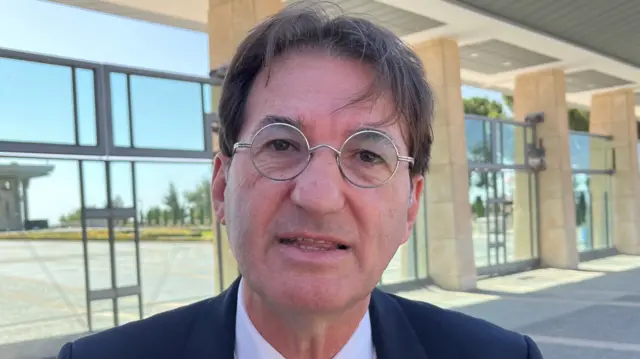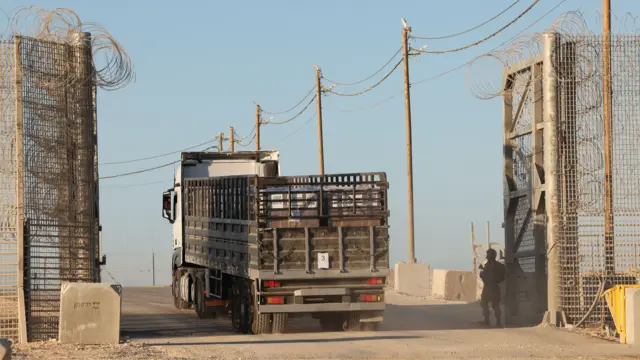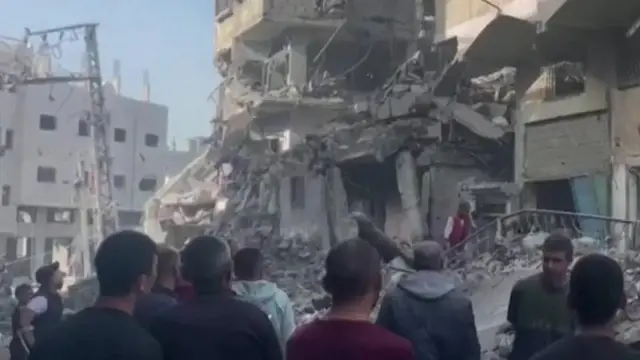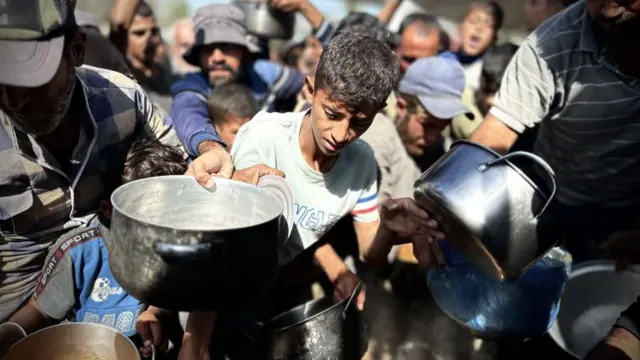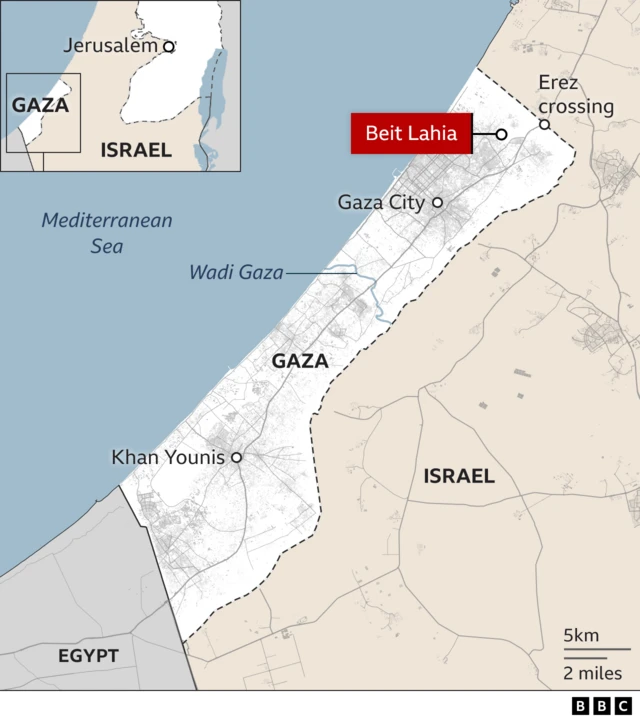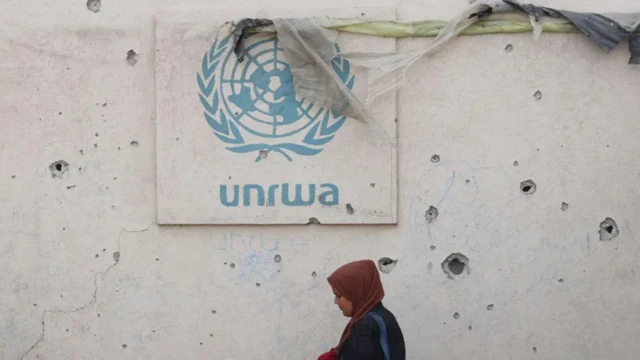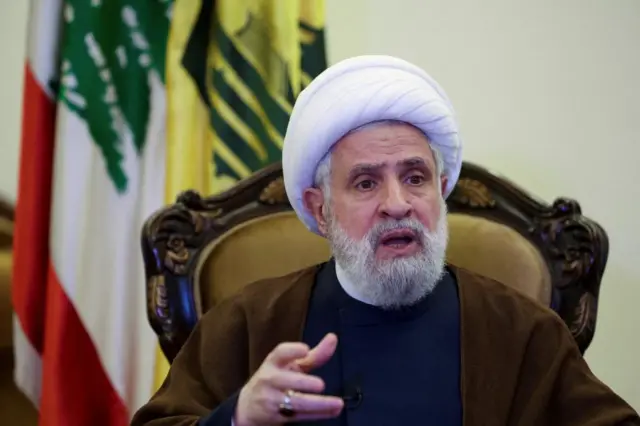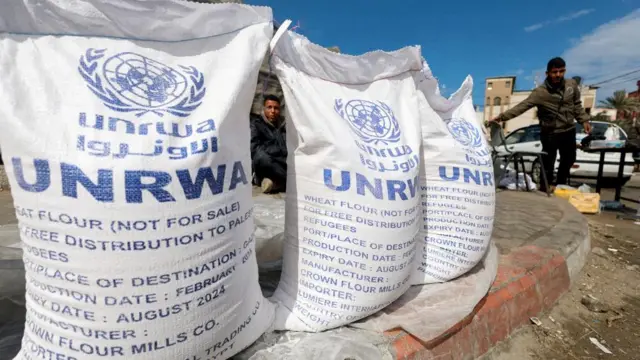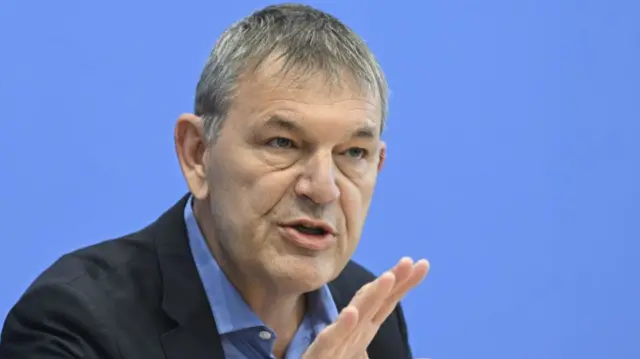What does Unrwa do?published at 12:32 GMT 29 October 2024
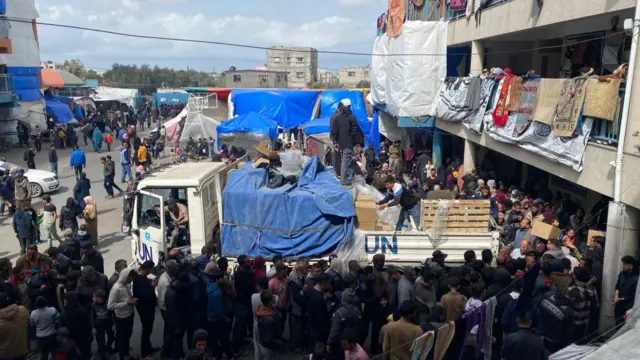 Image source, Unrwa
Image source, UnrwaUnrwa is seen as an essential lifeline for Palestinians living in Gaza and the West Bank
The UN Relief and Works Agency for Palestine Refugees (Unrwa) was established in 1949 to carry out direct relief and social services for Jewish and Palestinian refugees following the 1948 conflict which led to the founding of Israel and expulsion of hundreds of thousands of Palestinians.
The UN General Assembly most recently extended its mandate until 30 June 2026.
Here's a brief look at what it does.
- Approximately 5.9 million Palestinian refugees, a third of whom live in refugee camps in the Gaza Strip, the West Bank and East Jerusalem as well as in Jordan, Lebanon and Syria, are eligible for Unrwa services
- The agency serves around 1.7 million Palestinian refugees in the Gaza Strip and 870,000 in in the West Bank and East Jerusalem
- The agency provides a wide range of aid and services including healthcare, shelter, food and education
- It is also an important source of employment for Palestinian refugees, who make up most of its more than 30,000 employees in the region
- It has been described by the United States as "irreplaceable" in enabling the delivery of aid to displaced Palestinians

